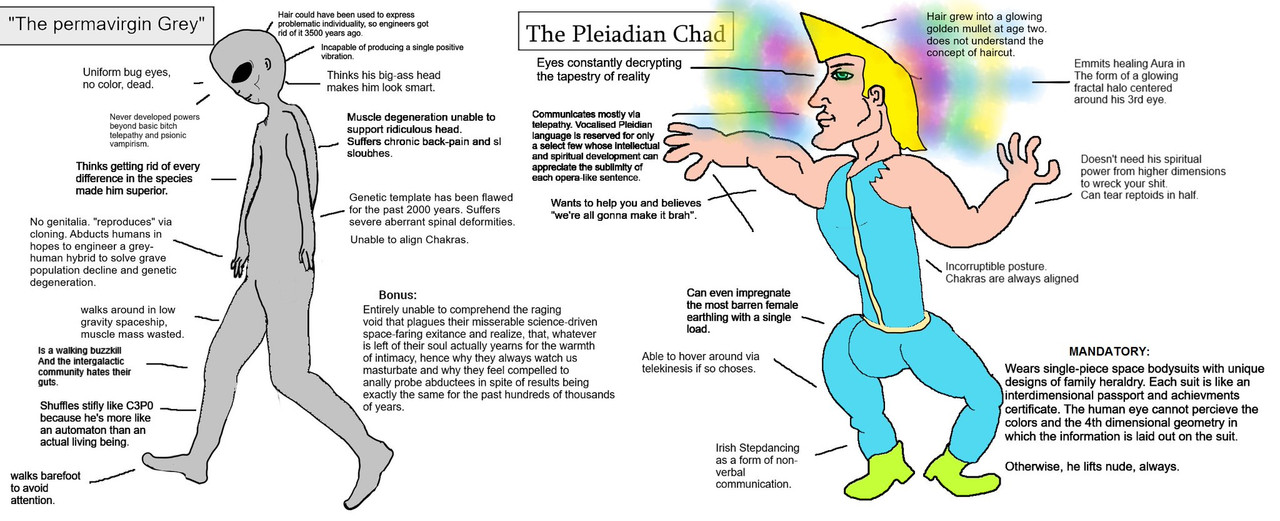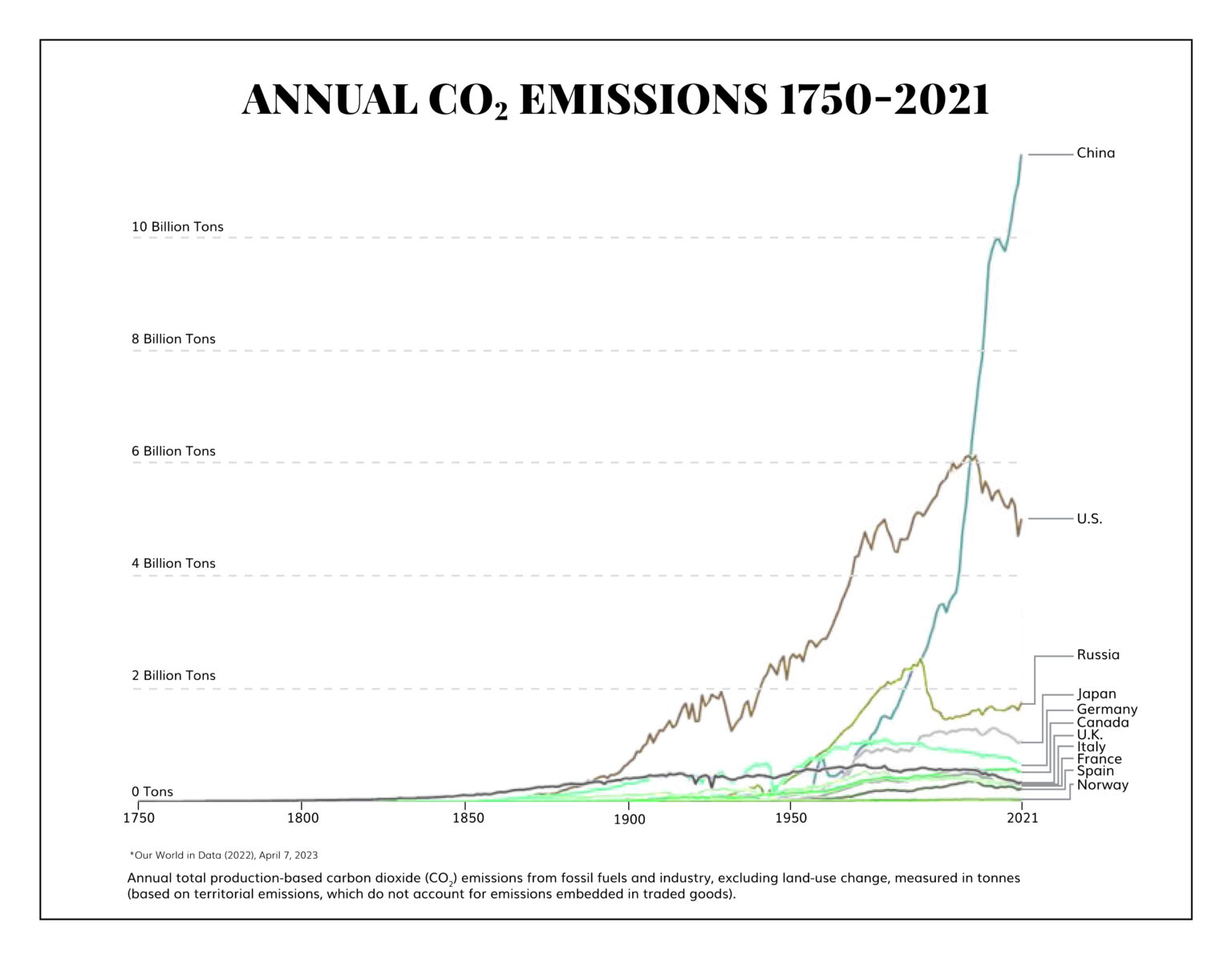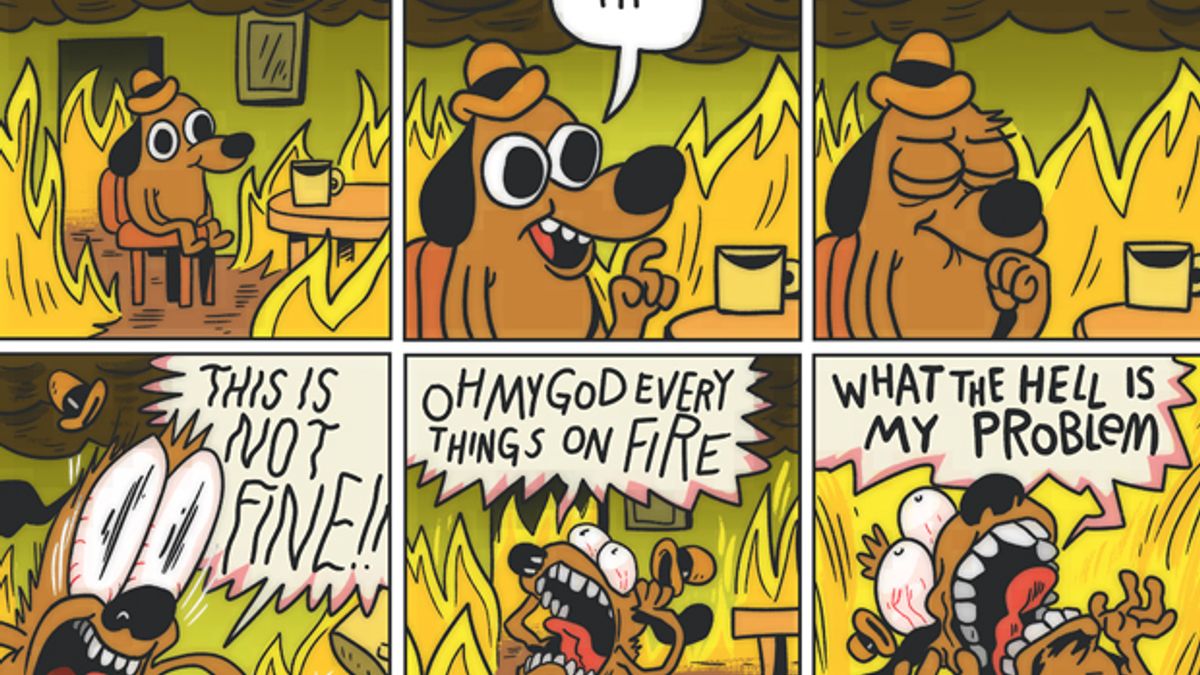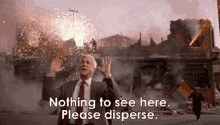Human activities have transformed the planet at a pace and scale unmatched in recorded history, causing irreversible damage to communities and ecosystems, according to one of the most definitive reports ever published about climate change. Leading scientists warned that the world’s plans to combat these changes are inadequate and that more aggressive actions must be taken to avert catastrophic warming.
The report released Monday from the United Nations Intergovernmental Panel on Climate Change (IPCC) found that the world is likely to miss its most ambitious climate target — limiting warming to 1.5 degrees Celsius (2.7 degrees Fahrenheit) above preindustrial temperatures — within a decade. Beyond that threshold, scientists have found, climate disasters will become so extreme that people will not be able to adapt. Basic components of the Earth system will be fundamentally, irrevocably altered. Heat waves, famines and infectious diseases could claim millions of additional lives by century’s end.
Monday’s assessment synthesizes years of studies on the causes and consequences of rising temperatures, leading U.N. Secretary General António Guterres to demand that developed countries such as the United States eliminate carbon emissions by 2040 — a decade earlier than the rest of the world.
ADVERTISING
With few nations on track to fulfill their climate commitments and with the developing world already suffering disproportionately from climate disasters, he said, rich countries have a responsibility to act faster than their low-income counterparts.
The IPCC report shows humanity has reached a “critical moment in history,” IPCC Chair Hoesung Lee said. The world has all the knowledge, tools and financial resources needed to achieve its climate goals, but after decades of disregarding scientific warnings and delaying climate efforts, the window for action is rapidly closing.
Calling the report a “how-to guide to defuse the climate time-bomb,” Guterres announced on Monday an “acceleration agenda” that would speed up global actions on climate.
Emerging economies including China and India — which plan to reach net zero in 2060 and 2070, respectively — must hasten their emissions-cutting efforts alongside developed nations, Guterres said.
Both the U.N. chief and the IPCC also called for the world to phase out coal, oil and gas, which are responsible for more than three-quarters of global greenhouse gas emissions.
“This report offers hope, and it provides a warning,” Lee told reporters Monday. “The choices we make now and in the next few years will reverberate around the world for hundreds, even thousands, of years.”
Greenhouse gas emissions numbers are way off. Here’s why that matters.
4:59
The Post found that countries around the world are underreporting their greenhouse gas emissions, and that true emissions are likely 16 to 23 percent higher. (Video: Danielle Kunitz, Joshua Carroll/The Washington Post)
These changes have caused irrevocable damage to communities and ecosystems, evidence shows: Fish populations are dwindling, farms are less productive, infectious diseases have multiplied, and weather disasters are escalating to unheard-of extremes. The risks from this relatively low level of warming are turning out to be greater than scientists anticipated — not because of any flaw in their research, but because human-built infrastructure, social networks and economic systems have proved exceptionally vulnerable to even small amounts of climate change, the report said.
The suffering is worst in the world’s poorest countries and low-lying island nations, which are home to roughly 1 billion people yet account for less than 1 percent of humanity’s total planet-warming pollution, the report says. But as climate disruption increases with rising temperatures, not even the wealthiest and most well-protected places will be immune.
Homes in Pakistan's southwestern Baluchistan province were inundated in August. (Zahid Hussain/AP)
The researchers say it’s all but inevitable that the world will surpass 1.5 degrees Celsius of warming by the early 2030s — pushing the planet past a threshold at which scientists say climate change will become increasingly unmanageable.
In 2018, the IPCC found that a 1.5C world is overwhelmingly safer than one that is 2 degrees Celsius (3.6 degrees Fahrenheit) warmer than the preindustrial era. At the time, scientists said humanity would have to zero out carbon emissions by 2050 to meet the 1.5-degree target and by 2070 to avoid warming beyond 2 degrees.
Five years later, humanity isn’t anywhere close to reaching either goal. Unless nations adopt new environmental policies — and follow through on the ones already in place — global average temperatures could warm by 3.2 degrees Celsius (5.8 degrees Fahrenheit) by the end of the century, the synthesis report says. In that scenario, a child born today will live to see several feet of sea level rise, the extinction of hundreds of species and the migration of millions of people from places where they can no longer survive.
“We are not doing enough, and the poor and vulnerable are bearing the brunt of our collective failure to act,” said Madeleine Diouf Sarr, Senegal’s top climate official and the chair for a group of least-developed countries that negotiate together at the U.N.
She pointed to the damage wrought by Cyclone Freddy, the longest-lasting and most energetic tropical storm on record, which has killed hundreds of people and displaced thousands more after bombarding southern Africa and Madagascar for more than a month. The report shows that higher temperatures make storms more powerful and sea level rise makes flooding from these storms more intense. Meanwhile, the death toll from these kinds of disasters is 15 times higher in vulnerable nations than in wealthier parts of the world.
If the world stays on its current warming track, the IPCC says, global flood damage will be as much as four times higher than if people limit temperature rise to 1.5C.
“The world cannot ignore the human cost of inaction,” Sarr said.
The report released Monday from the United Nations Intergovernmental Panel on Climate Change (IPCC) found that the world is likely to miss its most ambitious climate target — limiting warming to 1.5 degrees Celsius (2.7 degrees Fahrenheit) above preindustrial temperatures — within a decade. Beyond that threshold, scientists have found, climate disasters will become so extreme that people will not be able to adapt. Basic components of the Earth system will be fundamentally, irrevocably altered. Heat waves, famines and infectious diseases could claim millions of additional lives by century’s end.
Monday’s assessment synthesizes years of studies on the causes and consequences of rising temperatures, leading U.N. Secretary General António Guterres to demand that developed countries such as the United States eliminate carbon emissions by 2040 — a decade earlier than the rest of the world.
ADVERTISING
With few nations on track to fulfill their climate commitments and with the developing world already suffering disproportionately from climate disasters, he said, rich countries have a responsibility to act faster than their low-income counterparts.
The IPCC report shows humanity has reached a “critical moment in history,” IPCC Chair Hoesung Lee said. The world has all the knowledge, tools and financial resources needed to achieve its climate goals, but after decades of disregarding scientific warnings and delaying climate efforts, the window for action is rapidly closing.
Calling the report a “how-to guide to defuse the climate time-bomb,” Guterres announced on Monday an “acceleration agenda” that would speed up global actions on climate.
Emerging economies including China and India — which plan to reach net zero in 2060 and 2070, respectively — must hasten their emissions-cutting efforts alongside developed nations, Guterres said.
Both the U.N. chief and the IPCC also called for the world to phase out coal, oil and gas, which are responsible for more than three-quarters of global greenhouse gas emissions.
“This report offers hope, and it provides a warning,” Lee told reporters Monday. “The choices we make now and in the next few years will reverberate around the world for hundreds, even thousands, of years.”
Greenhouse gas emissions numbers are way off. Here’s why that matters.
4:59
The Post found that countries around the world are underreporting their greenhouse gas emissions, and that true emissions are likely 16 to 23 percent higher. (Video: Danielle Kunitz, Joshua Carroll/The Washington Post)
A stark scientific outlook
Already, the IPCC’s synthesis report shows, humanity has fundamentally and irreversibly transformed the Earth system. Emissions from burning fossil fuels and other planet-warming activities have increased global average temperatures by at least 1.1 degrees Celsius (2 degrees Fahrenheit) since the start of the industrial era. The amount of carbon dioxide in the atmosphere hasn’t been this high since archaic humans carved the first stone tools.These changes have caused irrevocable damage to communities and ecosystems, evidence shows: Fish populations are dwindling, farms are less productive, infectious diseases have multiplied, and weather disasters are escalating to unheard-of extremes. The risks from this relatively low level of warming are turning out to be greater than scientists anticipated — not because of any flaw in their research, but because human-built infrastructure, social networks and economic systems have proved exceptionally vulnerable to even small amounts of climate change, the report said.
The suffering is worst in the world’s poorest countries and low-lying island nations, which are home to roughly 1 billion people yet account for less than 1 percent of humanity’s total planet-warming pollution, the report says. But as climate disruption increases with rising temperatures, not even the wealthiest and most well-protected places will be immune.
Homes in Pakistan's southwestern Baluchistan province were inundated in August. (Zahid Hussain/AP)
The researchers say it’s all but inevitable that the world will surpass 1.5 degrees Celsius of warming by the early 2030s — pushing the planet past a threshold at which scientists say climate change will become increasingly unmanageable.
In 2018, the IPCC found that a 1.5C world is overwhelmingly safer than one that is 2 degrees Celsius (3.6 degrees Fahrenheit) warmer than the preindustrial era. At the time, scientists said humanity would have to zero out carbon emissions by 2050 to meet the 1.5-degree target and by 2070 to avoid warming beyond 2 degrees.
Five years later, humanity isn’t anywhere close to reaching either goal. Unless nations adopt new environmental policies — and follow through on the ones already in place — global average temperatures could warm by 3.2 degrees Celsius (5.8 degrees Fahrenheit) by the end of the century, the synthesis report says. In that scenario, a child born today will live to see several feet of sea level rise, the extinction of hundreds of species and the migration of millions of people from places where they can no longer survive.
“We are not doing enough, and the poor and vulnerable are bearing the brunt of our collective failure to act,” said Madeleine Diouf Sarr, Senegal’s top climate official and the chair for a group of least-developed countries that negotiate together at the U.N.
She pointed to the damage wrought by Cyclone Freddy, the longest-lasting and most energetic tropical storm on record, which has killed hundreds of people and displaced thousands more after bombarding southern Africa and Madagascar for more than a month. The report shows that higher temperatures make storms more powerful and sea level rise makes flooding from these storms more intense. Meanwhile, the death toll from these kinds of disasters is 15 times higher in vulnerable nations than in wealthier parts of the world.
If the world stays on its current warming track, the IPCC says, global flood damage will be as much as four times higher than if people limit temperature rise to 1.5C.
“The world cannot ignore the human cost of inaction,” Sarr said.







